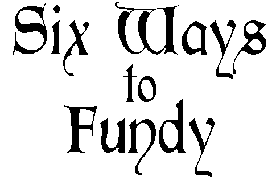
Six Ways To Fundy
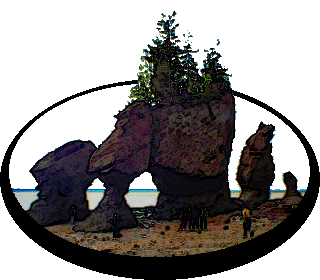

20 May 2022
The North Atlantic Arc Home
| May |
| S | M | T | W | T | F | S |
| 5 | 6 | 7 | ||||
| 8 | 9 | 10 | 11 | 12 | 13 | 14 |
| 15 | 16 | 17 | 18 | 19 | 20 | 21 |
| 22 | 23 | 24 |
 |
|
Friday 20 May 2022--I'm leaving Moncton today, but have decided to hang
around long enough to get video of the tidal bore, which will happen shortly after
2:00. Sleep in a bit, and then have an omelet at Cora, the Québec breakfast
chain that now has outlets from St John's to Victoria. It's considerably more
satisfying than yesterday's hotel breakfast, but with tax and tip comes in at
nearly thirty dollars. My usual bagel at Tim's is more reasonable for everyday.
Stroll down to Riverfront Park, which is very open and seems kind of barren. I suppose it will look better in a few years, when the very young trees and shrubbery have matured. There's a memorial to three RCMP constables who were killed in the line of duty in 2014, Doug Larche of Saint John; Dave Ross of Victoriaville, Québec; and Fabrice Gevaudan of Boulogne-Billancourt, France. A couple hundred yards along is the Irish Families Memorial, one of numerous Irish immigration monuments I've seen around eastern Canada. I walk past Bore View Park, wanting to get a look at the footbridge over Halls Creek. Just before the bridge is a spot marked as Settlers Landing, where eight families, seven German and one Welsh, arrived from Pennsylvania on the ship Lovey, on 3 June 1766, becoming the first European settlers of The Bend, which would become the city of Moncton. The men's names are listed on a monument: Charles Jones, John Koppel, Michael Lutz, Jacob Ricker, Matthias Sommer, Heinrich Stieff, Jacob Treitz, Georg Wortman. I feel a sudden jolt...Matthias Sommer is my ancestor, father of Benjamin Allen's wife, Sarah. I've seen his name many times in genealogical material relevant to the Allen family, but until this moment I had no idea that he was one of the founders of Moncton.* I'm going to have to do some research when I get home. All these years, I've been focusing on my Scottish and English ancestry, which provided plenty of questions to try to answer; I never thought about my German lineage. The tidal bore comes, and I get my video [not posted here--you can find better on YouTube]. Then I cross the Petitcodiac and drive downriver, as it widens out into Shepody Bay. Pass by the entrance to Hopewell Rocks Provincial Park, which I'll visit tomorrow. On a whim, I take the side loop to Cape Enrage, the southern headland of Barn Marsh Island. Sources say the island, a four- mile slab of rock, is separated from the mainland by a tidal creek, but truth to tell, it doesn't look like an island on the ground, or on the map, either--it might be that the separation was clearer in Champlain's day. There's a light on the headland, a vital navigational aid guiding ships past the turbulent waters around the reef that extends from the foot of the cape (giving it its name, Enragé in French). Cape Enrage Light was automated in 1988, and the outbuildings began to suffer from weather and vandals. Dennison Tate, a physics teacher at a local high school and himself the son of a keeper at Grand Manan, hatched a plan to preserve the site and convert it to a non-profit business dedicated to education and adventure pursuits, employing students to restore and operate it all. It's an interesting story; I won't go into detail here, but you can read about it in Lighthouse Digest. The story is from 2001--I'll add that the Tates retired from the business in 2008, and it's now overseen by a volunteer board. Visiting now, I find a workman mowing the grass, getting the site ready for opening in a couple of weeks. I'm only here for a quick look, so am just as glad not to have to pay admission, but I'll gladly return for a longer visit in season if I get the chance. I arrive in Alma, my destination, at about 4:30. The nice lady at the front desk of the Parkland Village Inn thinks she recognizes me from a previous visit, but I've only ever passed through this little Fundy fishing village in the bus. I have a very nice pint at the Holy Whale Brewery, in a deconsecrated church up the street, and return to the Inn for dinner. The windows in the dining room give a lovely view on the bay, but my attention is taken by a half dozen busy hummingbird feeders. What a gorgeous place. I'd originally planned one night here, but there were no vacancies in Saint Andrews, my next stop, on Saturday, so I booked two. Glad I did--it allowed me to shift my visit to Hopewell Rocks from today to tomorrow, so I could stay a few hours longer in Moncton, which led me to learn about Matthias Sommer. And I'm more than happy to spend another night in Alma, which I wasn't totally sure about when I booked. Just this moment, I'm sure that two nights here will not be enough. Next *I wouldn't have been surprised had I simply read the Wikipedia entry for Moncton, or paid closer heed to Burns' A History and Story of Botsford: "Benjamin removed to Fort Cumberland and married a Miss Somers, a daughter of one of the first settlers of the Bend (Moncton)." Since I've been home, I've learned that Matthias Sommer (or Somer, Somers, or Summers) died within two years of arriving at The Bend, at age 48, and his widow married Jacob Ricker Jr, himself a widower, in 1769. In 1770, the Rickers moved downriver to Hillsborough. These facts raise all kinds of questions about Sarah Somers and her marriage at a young age to Benjamin Allen, in 1771. Matthias was apparently born in Freistett, Germany, just across the Rhine from Strasbourg, France. Just another place to think about visiting. |
Moncton To Alma
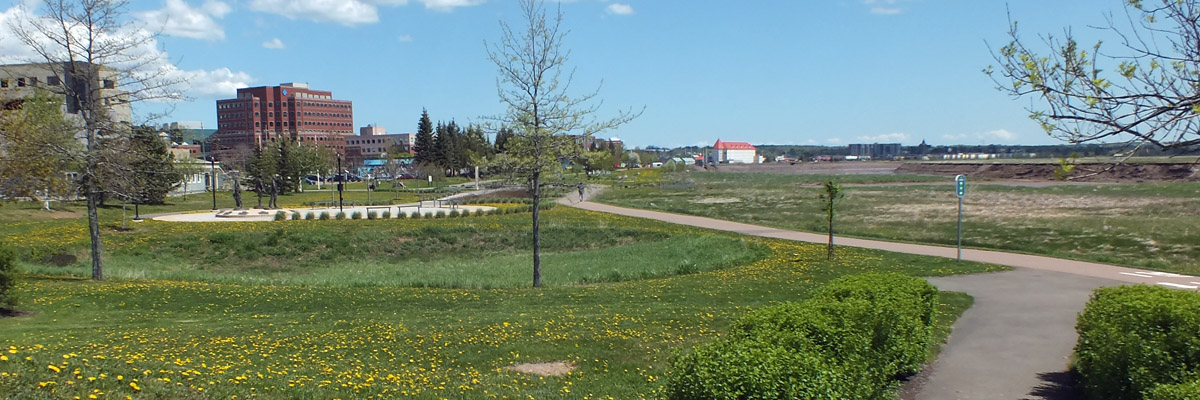 |
Riverfront Park
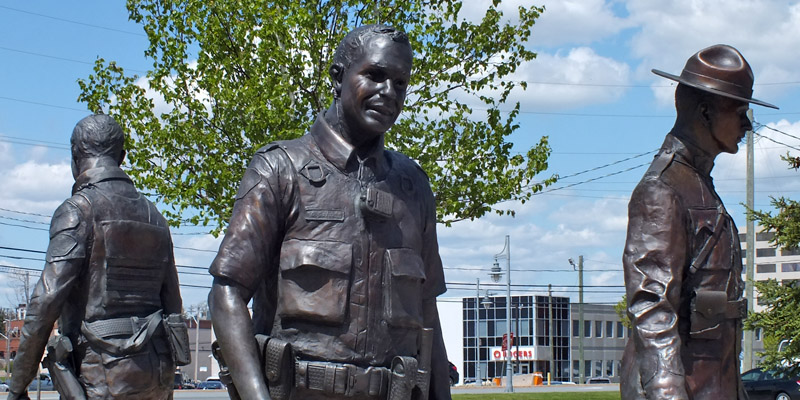 |
RCMP Memorial
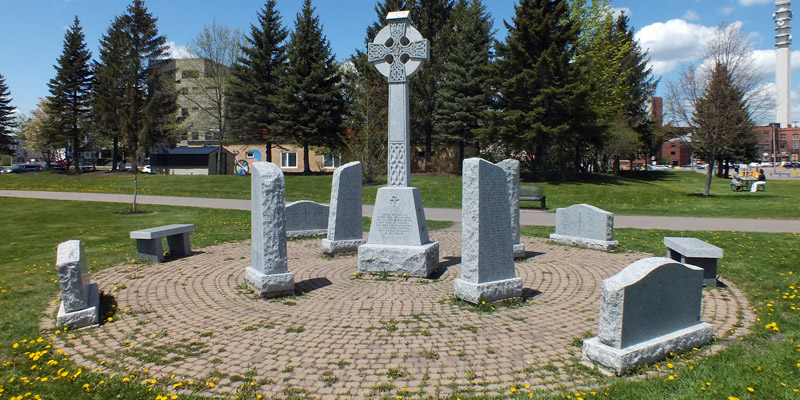 |
Irish Families Memorial
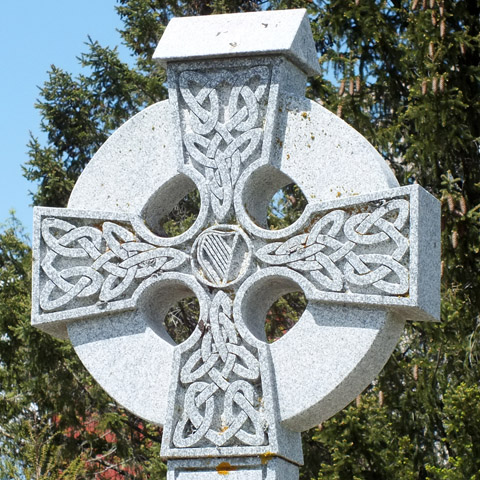 |
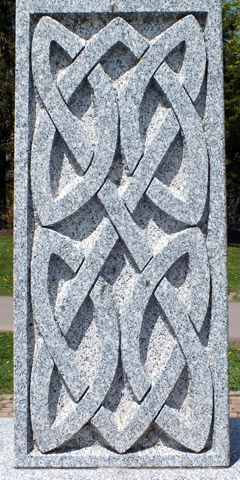 |
Irish Families Memorial
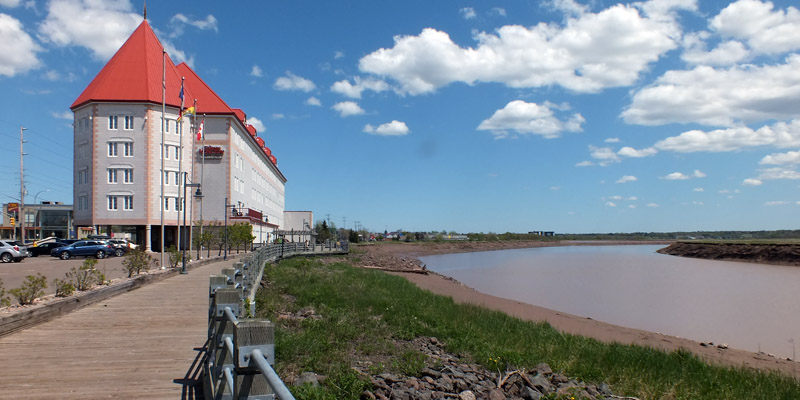 |
Petitcodiac River
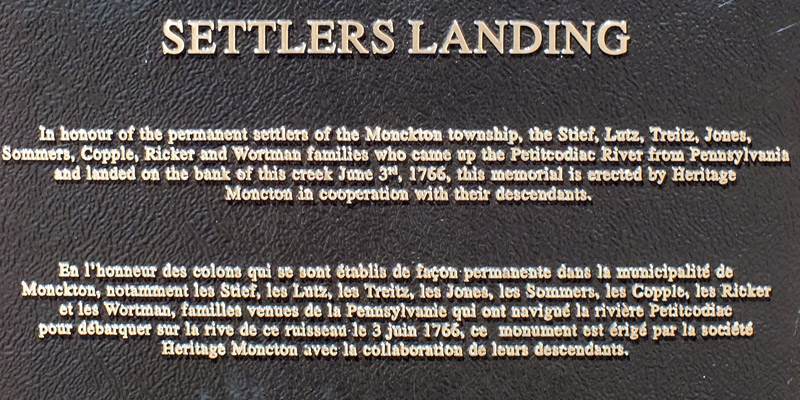 |
Settlers Landing
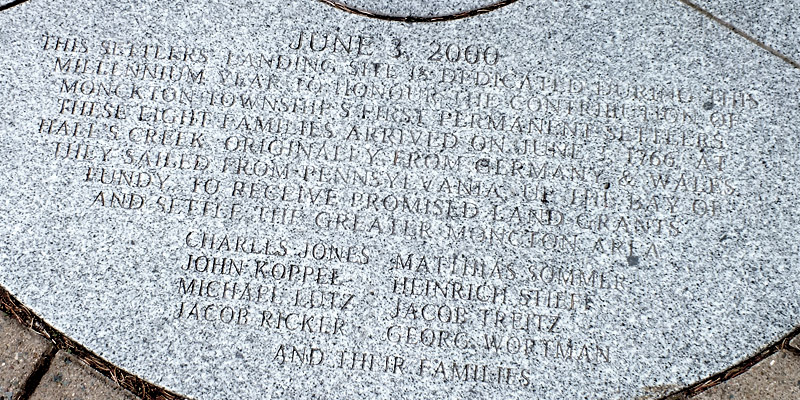 |
Settlers Landing
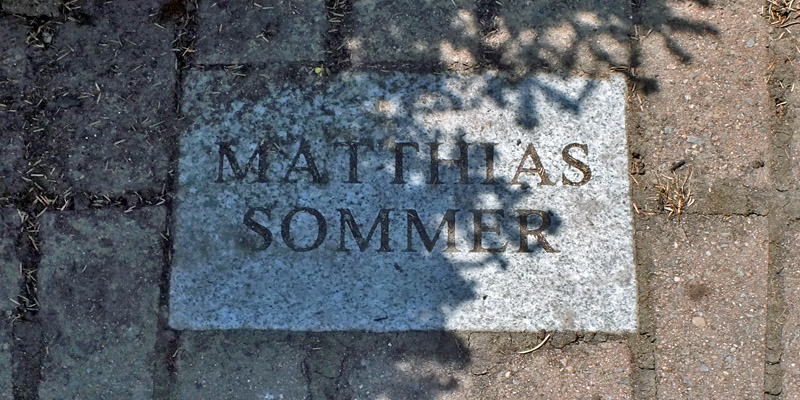 |
Settlers Landing
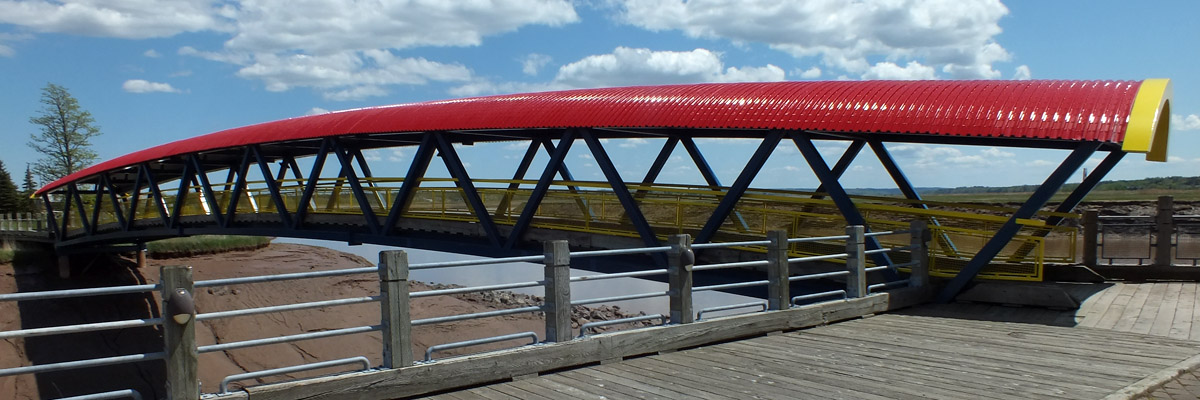 |
Footbridge Over Halls Creek
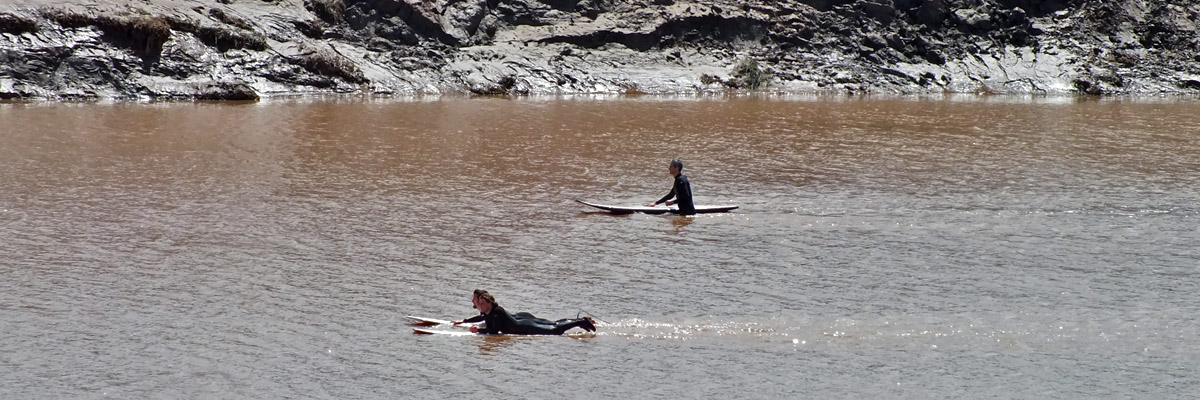 |
Bore Surfers
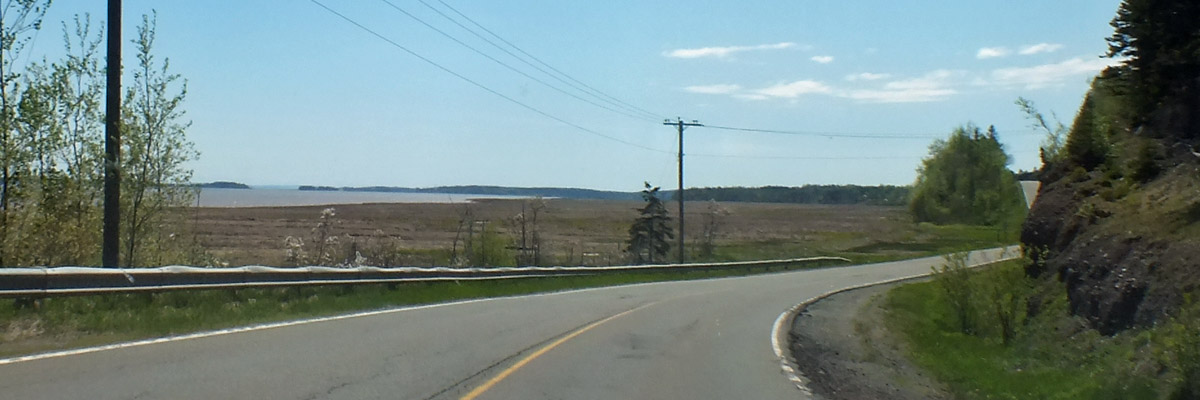 |
This...Is...Shepody
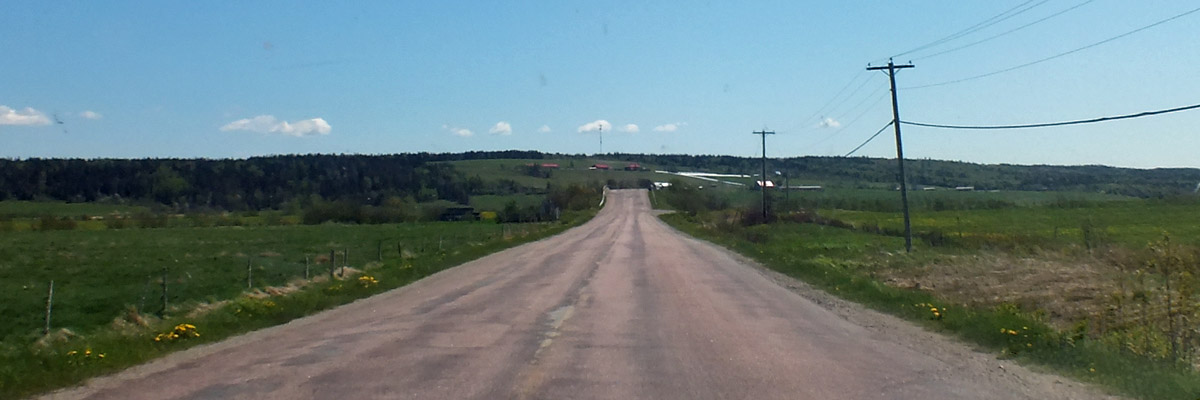 |
Route 915
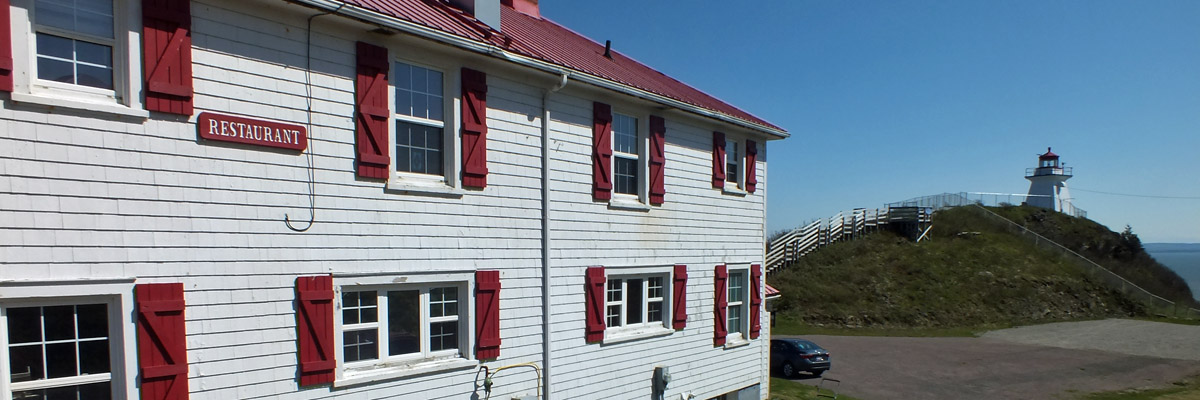 |
Cape Enrage
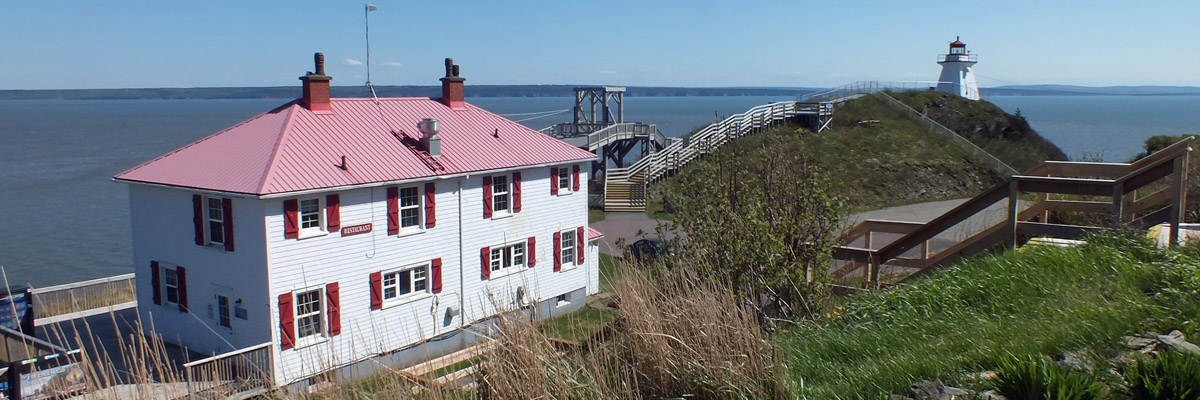 |
Cape Enrage
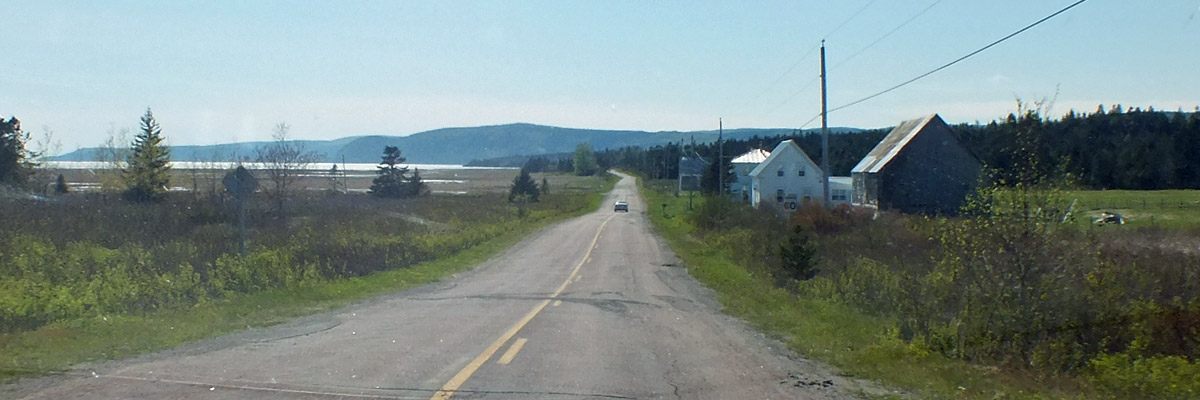 |
Waterside
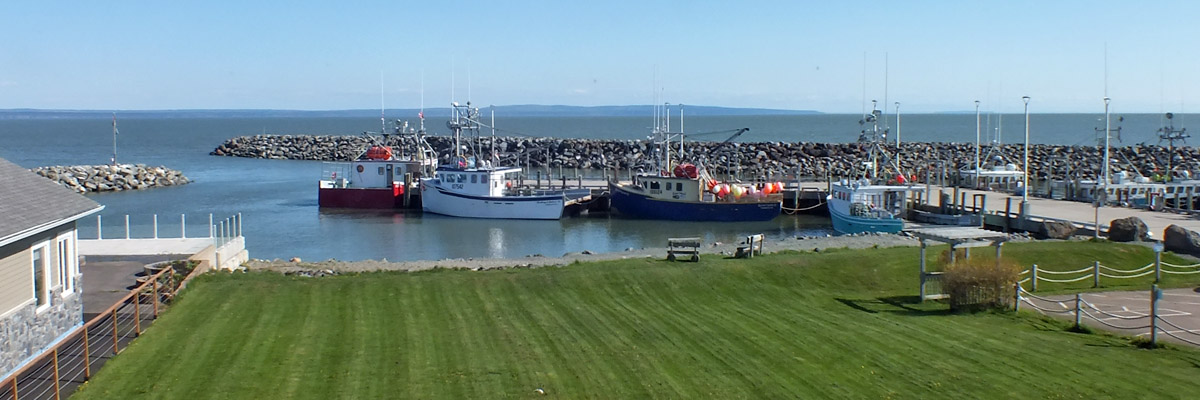 |
Out My Window, Afternoon
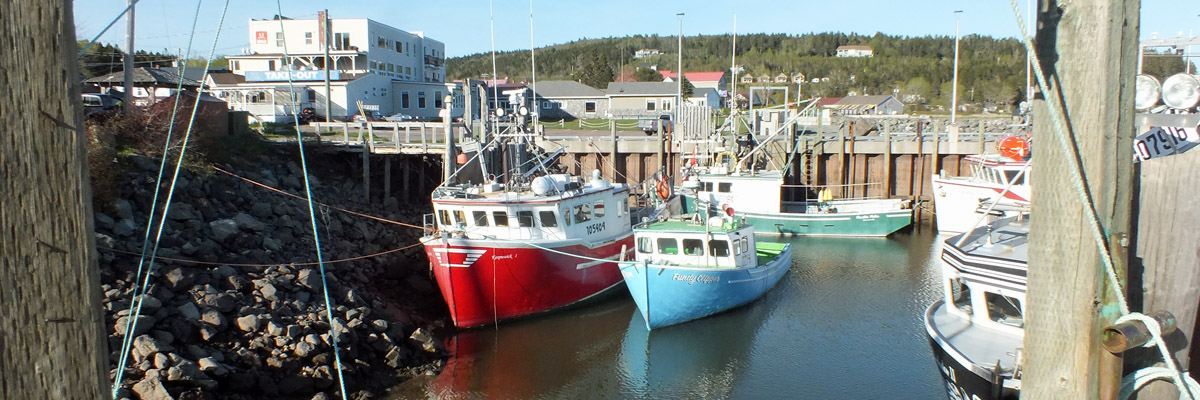 |
Alma Harbour
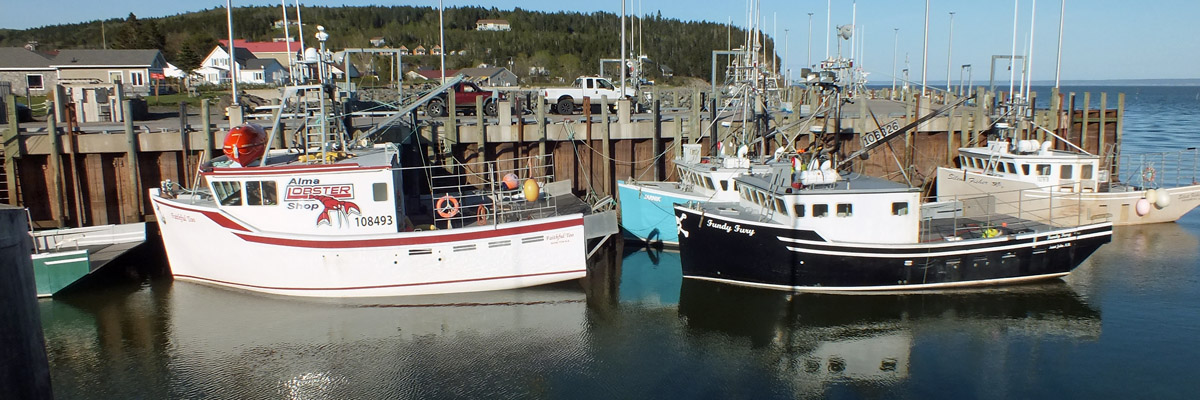 |
Alma Harbour
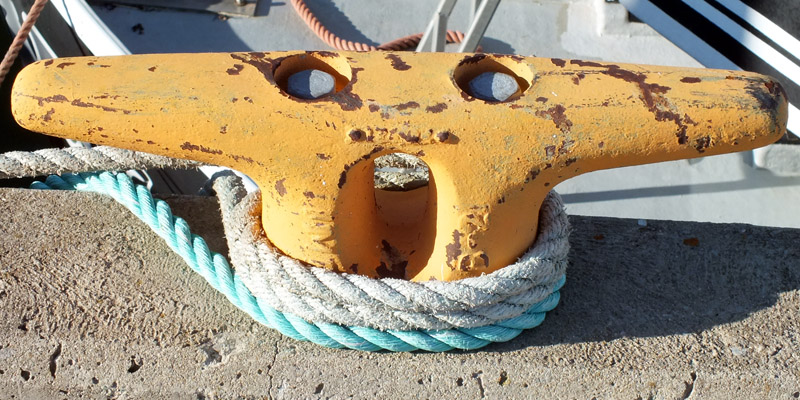 |
Oh No, It's Mr Cleat
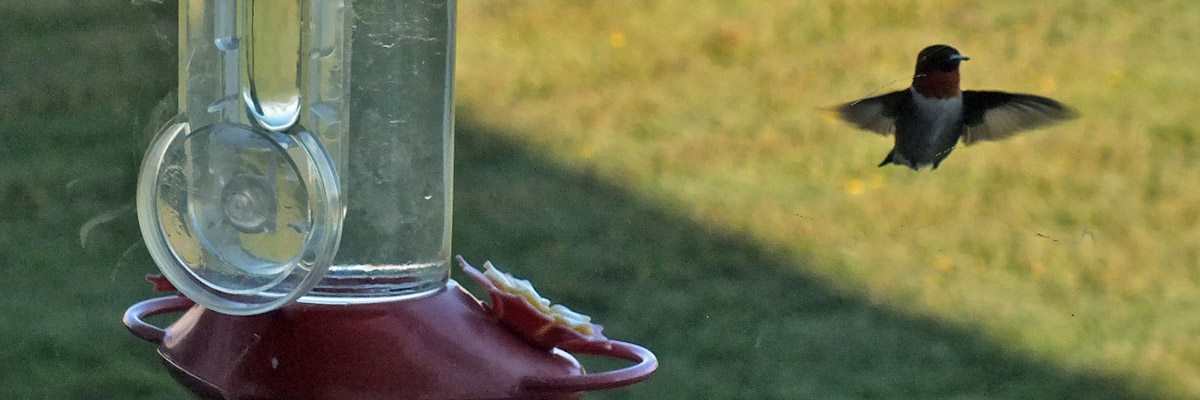 |
Dinner Guest
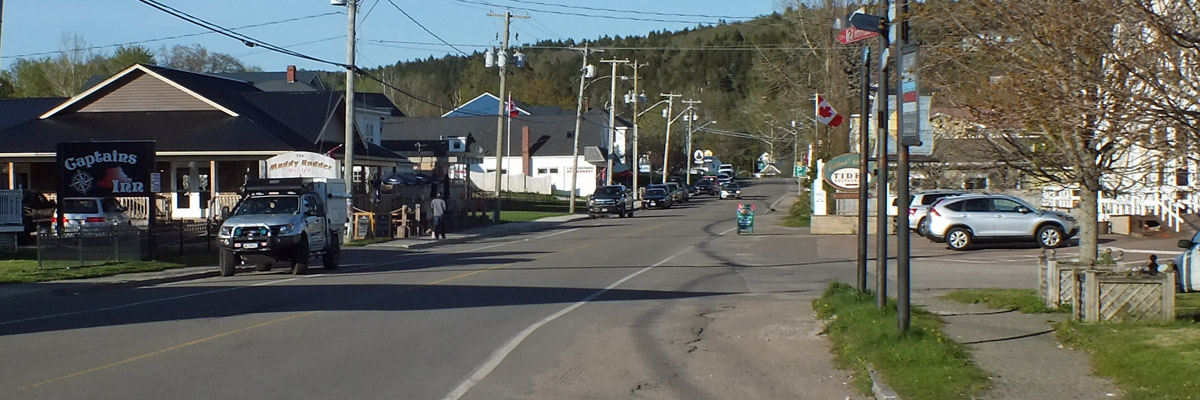 |
Beautiful Downtown Alma
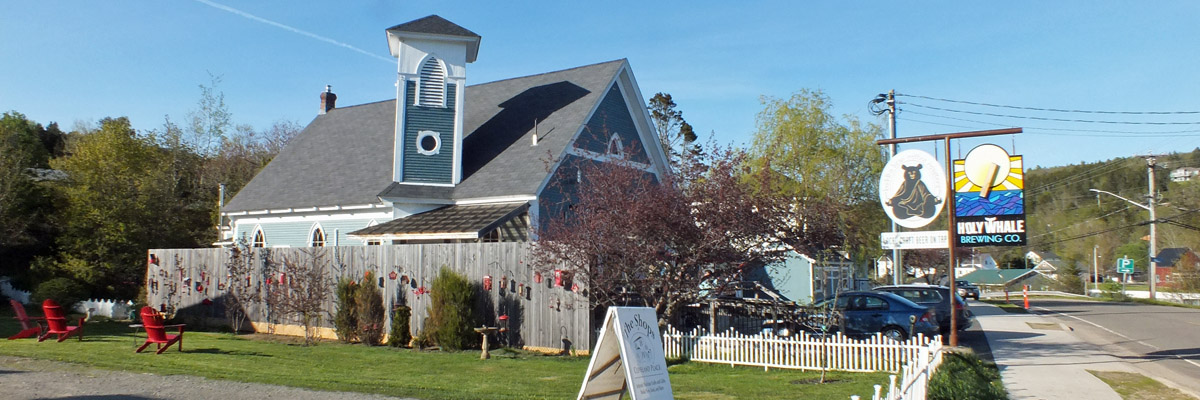 |
Holy Whale Brewery
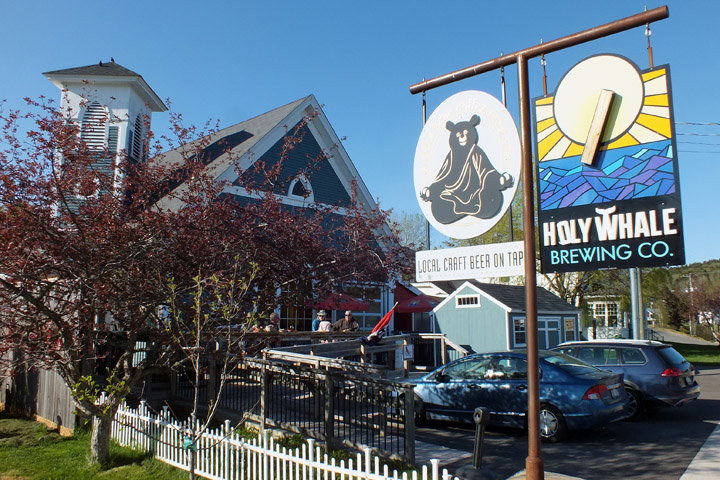 |
Holy Whale Brewery
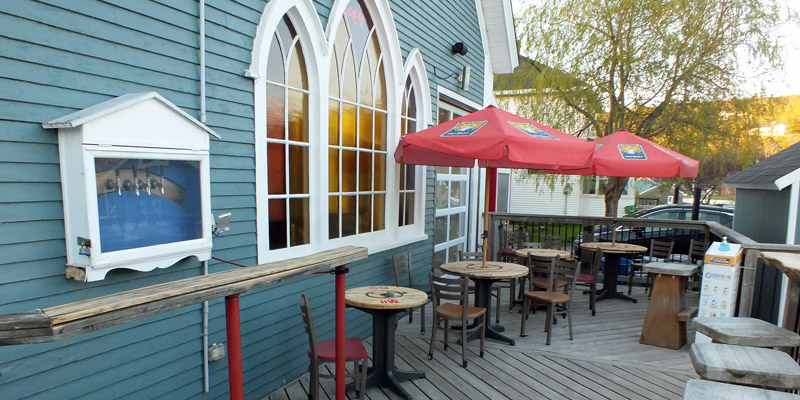 |
Holy Whale Brewery
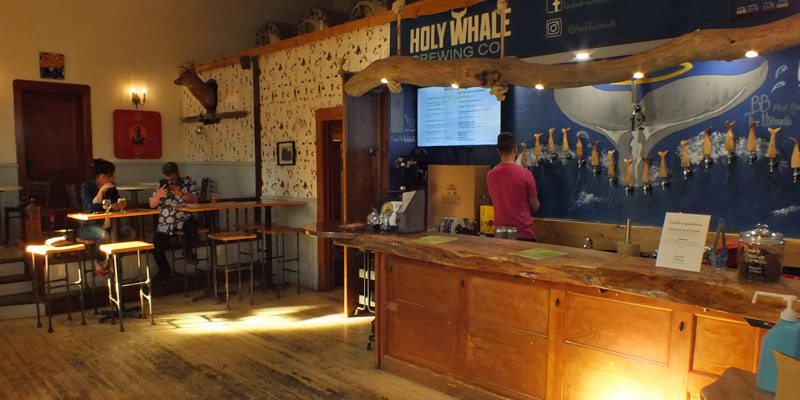 |
Holy Whale Brewery
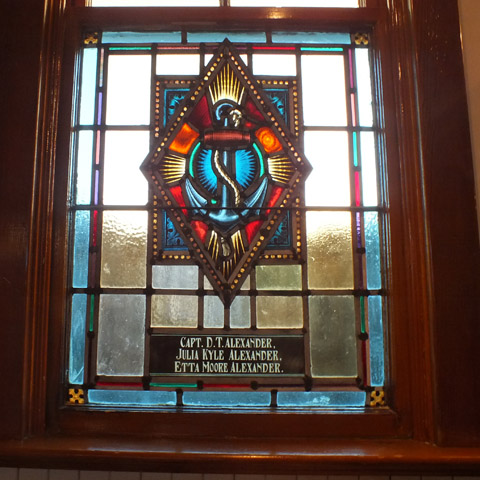 |
Holy Whale Brewery
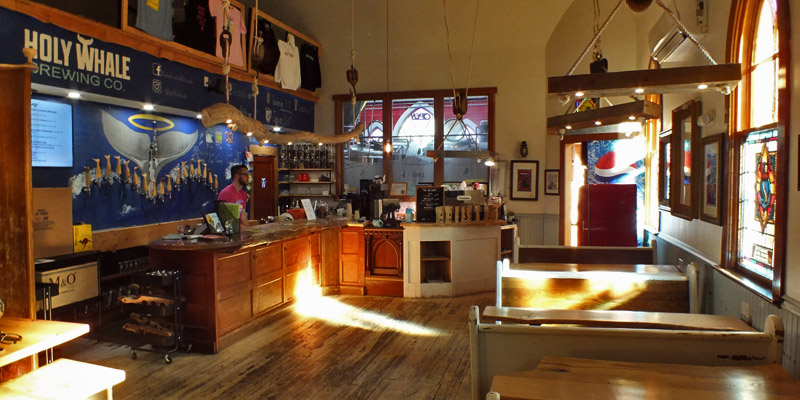 |
Holy Whale Brewery
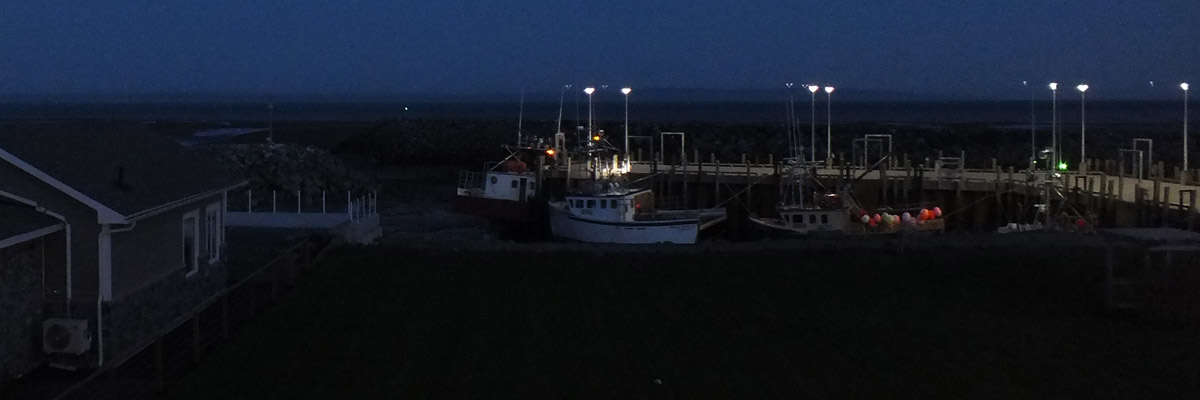 |
Out My Window, Evening
Next
| May |
| S | M | T | W | T | F | S |
| 5 | 6 | 7 | ||||
| 8 | 9 | 10 | 11 | 12 | 13 | 14 |
| 15 | 16 | 17 | 18 | 19 | 20 | 21 |
| 22 | 23 | 24 |
The North Atlantic Arc Home
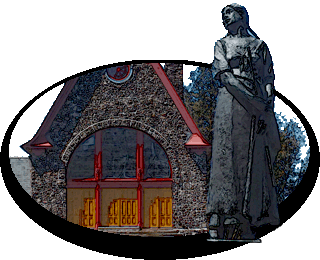
Mr Tattie Heid's Mileage
Results may vary
MrTattieHeid1954@gmail.com